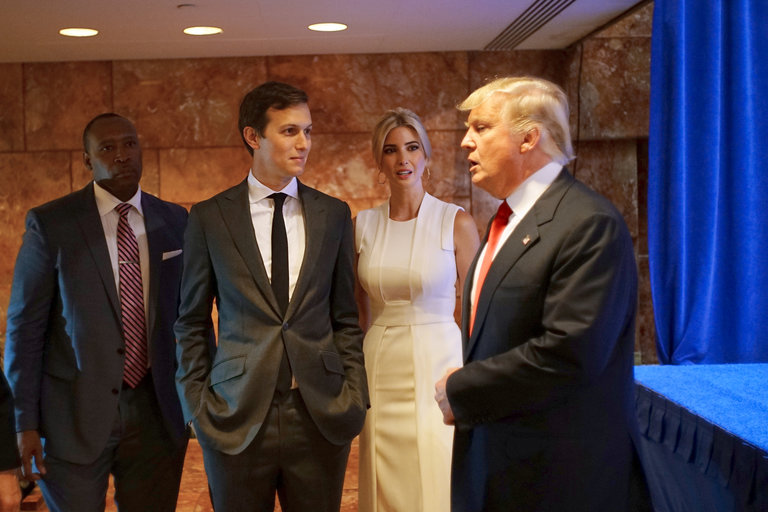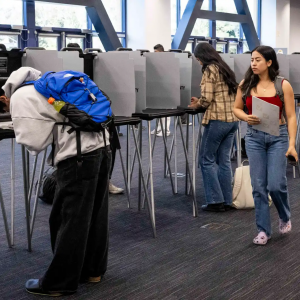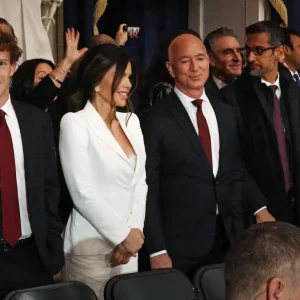Nepotism in Modern Politics
Before running for president and shaking the foundations of modern American politics, Donald Trump stated: “Loyalty is extremely important to me. My family and close friends will say that I am loyal to a fault.”
Perhaps this lends an insight into why Jared Kushner, a 36-year-old Harvard graduate and lifelong Democrat from New York with no prior political experience, stands as a key influence in the Trump administration despite his lack of political credentials.
Kushner, a real estate developer and former publisher of the New York Observer, is also the husband of Ivanka Trump, which has led to allegations of nepotism and cries of conflict of interest in the White House.
Critics of Trump have argued that the appointment of Kushner represents an obvious abuse of power by the president. They also complain that the president showed poor judgment in installing someone with so little experience at the center of his administration.
Kushner has already been an active voice in the Oval Office, from urging Trump’s strong loyalty to Israel in the wake of the United Nations vote condemning West Bank settlements to meeting with Mexican officials last week. Kushner is continuing the pivotal role he played in his father-in-law’s campaign, which reportedly included writing speeches with Trump, including for the Republican National Convention and later his Inaugural address. Kushner was also a force behind Trump’s social media outreach—a significant component of Trump’s campaign message.
Kushner is also an unusual source of influence in the White House because he has often expressed views that are at odds with some of Trump’s conservative and nationalistic positions.
He has donated in the past to the Senate campaigns of Democrats Hillary Clinton, Chuck Schumer and Bob Menendez, whose policy agendas are at the opposite end of the political spectrum from much of Trump’s rhetoric. They have fought for comprehensive immigration reform, equal pay for women and reproductive rights, positions that are in opposition to platforms on which Trump campaigned.
More recently, including in his address to a joint session of Congress, Trump has hinted at softening positions on those issues, and many see the hand of Kushner and Ivanka Trump behind those shifts. Particularly with the suggestion of a path to citizenship for undocumented immigrants, a stark reversal from Trump’s trademark hardline immigration stance.
Additionally, in the first weeks of Trump’s Administration, Kushner successfully eliminated a proposed executive order that would have ended Obama-era L.G.B.T. protections. While that undoubtedly angered Trump’s base, it won him at least some faint goodwill with Democrats in Congress, which could help Trump advance his legislative agenda.
But despite Kushner’s appointment appearing anomalous, it is not unprecedented. Often presidents give the role of Senior Advisor to individuals who have been deeply embedded in their life and political journey. Kushner’s role is informed by his fierce loyalty and allegiance to Trump, in a way that transcends party politics. Valerie Jarrett served as Senior Advisor to President Obama without political experience, but was a lifelong friend and mentor and was often credited with “guiding” his policy agenda. Sidney Blumenthal was a reporter with no governing experience when chosen as Senior Advisor by President Clinton. This was a prime example of “Clintonworld” – a term that critics coined to describe the administration’s habit of hiring only loyalists.
Nepotism has long been an issue in the White House, and numerous presidents have been criticized for surrounding themselves strictly with their inner circle and family members. Perhaps most notably, President John F. Kennedy appointed his brother Robert as Attorney General when he was just 35.
In 1967 President Lyndon Johnson signed the Federal Anti Nepotism Statute, which essentially banned public officials from hiring relatives. This was widely seen as a response to the RFK hiring.
Despite this law, many presidents have been accused of nepotism in recent history. President Clinton appointed his wife, Hillary Clinton, to lead a Health Care task force with the goal of creating a plan for universal health care. That was ripped by critics as blatant nepotism and an overstep by the president.
During the George W. Bush administration, Elizabeth Cheney, the daughter of Vice President Dick Cheney, was deputy assistant Secretary of State; Elaine Chao, the wife of Senate Majority Leader Mitch McConnell, was Secretary of Labor; and the chairman of the Federal Communications Commission, was Michael Powell, the son of Secretary of State Colin Powell.
But where some see problems with Kushner’s appointment, others see it as potentially clever move by a president who doesn’t let established norms get in his way. By “keeping it in the family,” he may have found a shrewd way to broaden his political base.
Millions of Americans felt alienated by Trump’s often toxic campaign rhetoric. Maybe the appointment of a lifelong Democrat, who has argued in favor of LGBT rights and seemed willing to deal on other hot-button issues, is a way to help make Trump more palatable to a wider audience.
But the influence of Kushner goes only as far as Trump allows himself to be influenced, which Trump’s “I alone can fix it” approach may somewhat inhibit.
Featured Image Source: The New York Times






Be First to Comment